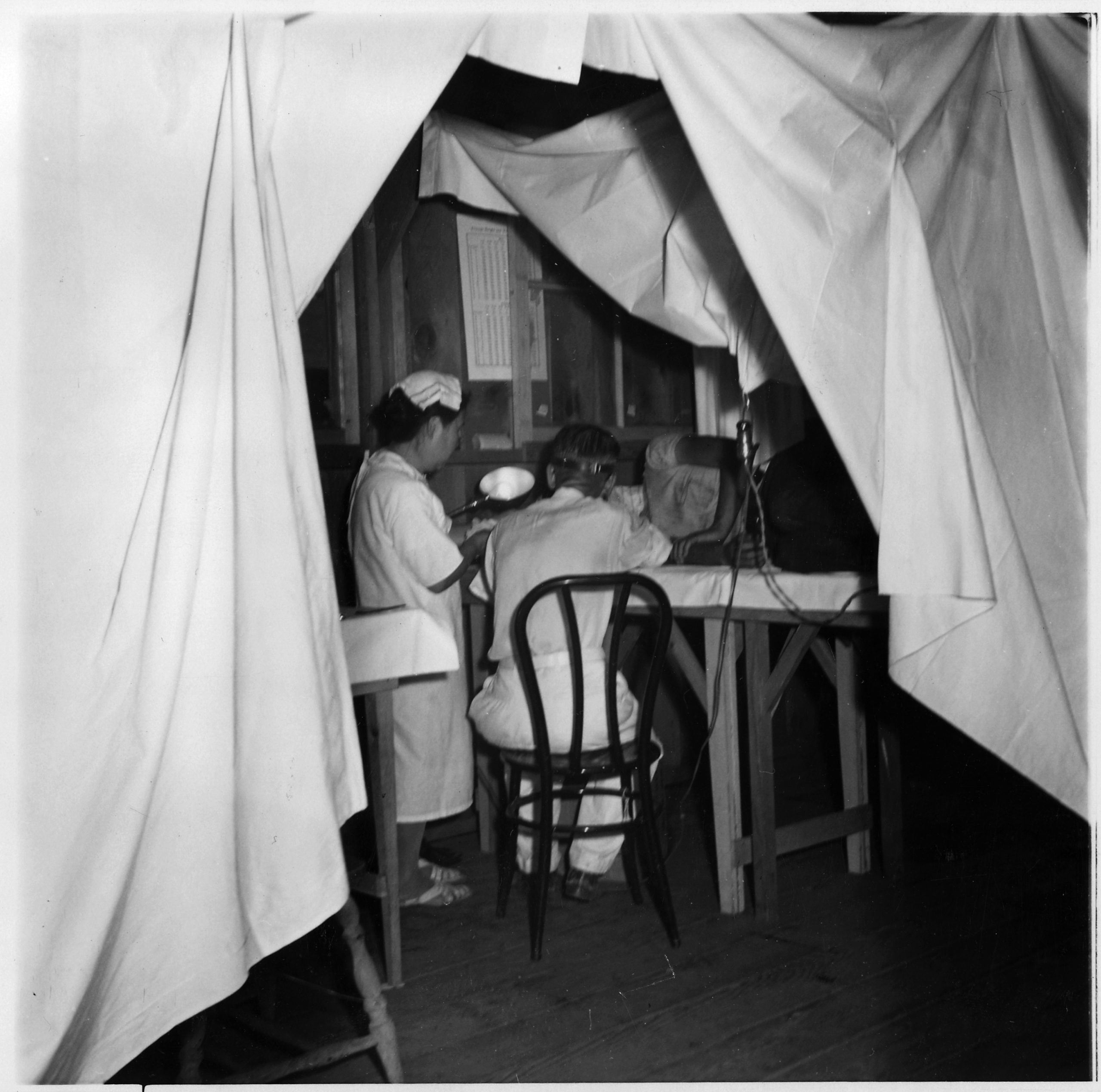 Being injured at work is never what you want to deal with. What’s worse is dealing with multiple independent medical examiners making opinions on your medical state. In the following case, the Louisiana Court of Appeal First Circuit addresses whether a medical examiner’s determination of maximum medical improvement is closely related to the worker’s condition and ability to work.
Being injured at work is never what you want to deal with. What’s worse is dealing with multiple independent medical examiners making opinions on your medical state. In the following case, the Louisiana Court of Appeal First Circuit addresses whether a medical examiner’s determination of maximum medical improvement is closely related to the worker’s condition and ability to work.
Ella Hamilton injured her neck and shoulders while moving trash bags into a dumpster while working as a custodian for GCA Services. Hamilton filed a workers’ compensation claim, and GCA Services paid indemnity and medical benefits to and on behalf of Hamilton in connection with her workers’ compensation claim. A dispute arose between the doctors that reviewed Hamilton’s alleged injuries and whether or not he could return to work.
Dr. Charles Bowie, a neurosurgeon, diagnosed Hamilton with a cervical disc disorder and opined that she required cervical fusion surgery. He believed her injuries prevented her from working. On the other hand, Dr. David Ferachi, an orthopedic surgeon representing GCA Services, agreed with Dr. Bowie but stated that Hamilton could return to work as a custodian with certain limitations.
Due to these differing opinions on Hamilton’s ability to work, GCA Services filed a request for Independent Medical Examiner (“IME”) under La. R.S 23:1123. This request was granted. Hamilton asked that the workers’ compensation judge prohibit the medical examiner from addressing any other issues, such as his medical condition, causation, maximum medical improvement, and whether medical treatment is reasonable and necessary. The judge agreed with Hamilton and limited the IME to address Hamilton’s capacity to work. GCA took an appeal of the order.
The Court of Appeal First Circuit disagreed with the District Court and held that under La. R.S 23:1123, the “condition of the employee” does include maximum medical improvement. This means the scope of the examination the independent medical examiner may address includes the issue of maximum improvement. The Court explained that because the maximum medical improvement is closely related to condition and ability to work, the medical examiner can determine the maximum medical improvement of Hamilton in this case without having to show what the cause of injury was.
The Louisiana Court of Appeal First Circuit also noted the scope of the independent medical examination should not be limited, per Hamilton’s claim. This is because the independent examiner can provide an opinion of the necessary information without revealing the actual causation of those injuries during an IME. Therefore, the Appeals Court partially reversed the trial court’s ruling to the extent that it restricted the independent medical examiner from determining maximum medical improvement.
While each case should be carefully analyzed based on specific facts, this court ruling answered whether the scope of an independent medical examination could be limited in workers’ compensation cases. The answer, in this instance, was determined to be yes.
Additional Sources: ELLA HAMILTON VS. GCA SERVICES GROUP, INC.
Written by Berniard Law Firm Writer Brianna Saroli
Additional Berniard Law Firm Articles on Workers Compensation: While Injured Worker Claims Late Payment, Louisiana’s First Circuit Court of Appeals Focuses on Important Date & Workers Compensation
 Insurance Dispute Lawyer Blog
Insurance Dispute Lawyer Blog

